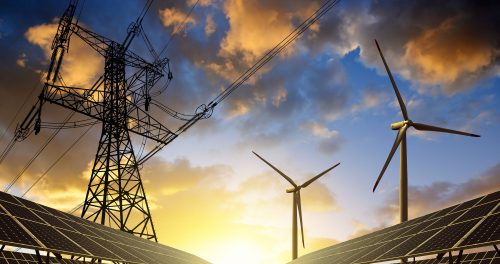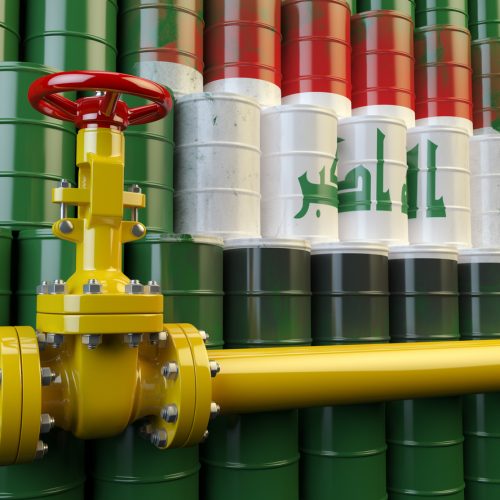
Electricity

Profitably Stabilizing Global Climate
This piece explains that the climate can be stabilized by using energy efficiency measures without costing money. The authors reiterate their central message that saving fuel costs less than burning fuel. Therefore, the carbon emissions avoided by substituting efficient use for fuel are now achievable not at a cost but…

Least-Cost Climatic Stabilization
This paper argues that global warming is not a natural result of normal, optimal economic activity. Rather, it is an artifact of the economically inefficient use of resources, especially energy. Amory Lovins describes advanced technologies for resource efficiency, and proven ways to implement them. These changes can support present or…

Make Fuel Efficiency Our Gulf Strategy
This article was originally published as an editorial in The New York Times. The authors argue that by making our use of energy more efficient, we can avoid using oil from the unstable Gulf region. They claim that America can roll back the oil dependence that perpetually holds our foreign…

Abating Air Pollution at Negative Cost
This article argues that maximizing the efficient end-use of energy is the most effective way to avoid environmental pollution. In this piece, Amory Lovins details various methods of profitably reducing pollution, including decoupling utility energy sales from profits and reinvesting efficiency savings into cleanup efforts. He analyzes the environmental impacts…

Oil Risk Insurance: Choosing the Best Buy
This article was written in response to the 1988 report by the Government Accountability Office that argues for supply-side insurance to hedge against oil risks. Amory Lovins argues that the best way to prevent surprises to oil price and supply is to wring more work from the energy that is…